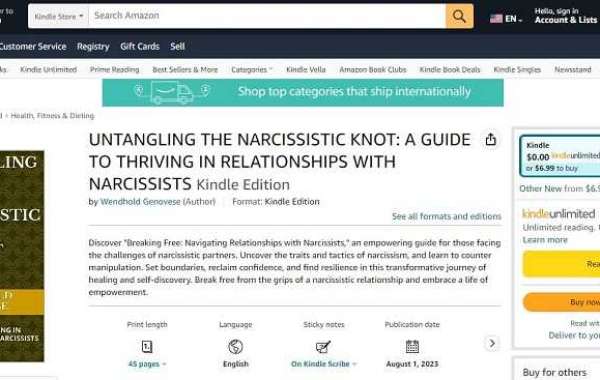Effective Communication Strategies: Building Bridges in Difficult Relationships
In the intricate tapestry of human relationships, effective communication is the golden thread that binds us together. Whether you're co-parenting with a narcissist or navigating the rough seas of trauma, the art of communication can be your guiding light. In this article, we delve into the importance of effective communication strategies and explore how they can be applied in the context of co-parenting with a narcissist, overcoming trauma and healing, and supporting loved ones in difficult relationships.
The Foundation of Effective Communication
Effective communication is not just about words; it's about understanding, empathy, and connection. It's a multifaceted skill that can transform even the most challenging relationships. Here's how to lay the foundation for effective communication:
- Active Listening: Start by truly listening to what the other person is saying. Put aside your judgments and preconceived notions. This is especially crucial when dealing with a narcissistic co-parent or someone healing from trauma.
- Empathy: Empathizing with the other person's feelings and perspective can bridge gaps in understanding. In a difficult relationship, it's vital to let the other person know that you acknowledge their emotions, even if you don't agree with them.
- Clarity: Be clear and concise in your communication. Misunderstandings often arise from vague or ambiguous messages. When co-parenting with a narcissist or supporting someone in a traumatic situation, clarity can help prevent unnecessary conflicts.
Co-Parenting with a Narcissist: Navigating Choppy Waters
Co-parenting is challenging under the best circumstances, and it becomes even more complex when one parent exhibits narcissistic traits. Effective communication strategies can help mitigate the impact of narcissistic behavior on the children and the co-parenting relationship:
- Set Boundaries: Establish clear boundaries to protect yourself and your children from manipulation and emotional abuse. Communicate these boundaries firmly and calmly.
- Parallel Parenting: In cases where direct cooperation is impossible, consider parallel parenting. This approach minimizes direct contact and focuses on communication through written means, like email or parenting apps.
- Seek Professional Help: Co-parenting with a narcissist can be emotionally draining. Therapy or mediation can provide a safe space for both parents to communicate and work toward a healthier co-parenting dynamic.
Overcoming Trauma and Healing: The Power of Communication
Overcoming trauma is a journey that often necessitates support from loved ones and professionals. Effective communication is a key factor in this process:
- Expressing Feelings: Encourage open and honest dialogue with those healing from trauma. Let them know you are there to listen without judgment, providing a safe space for them to share their emotions.
- Respect Timing: Trauma survivors may not always be ready to talk. Respect their pace and readiness to communicate, and don't push them to discuss their experiences before they are ready.
- Professional Assistance: Trauma therapy, whether individual or group therapy, can be immensely helpful in healing. Encourage your loved ones to seek professional help when needed.
Supporting Loved Ones in Difficult Relationships
Supporting someone in a difficult relationship, whether it's with a narcissist or any other challenging situation, requires sensitivity and effective communication:
- Be Non-Judgmental: Offer your support without passing judgment on their choices. Let them know you are there to listen and help, not to criticize.
- Offer Resources: Provide information about support groups, therapy options, or legal assistance, depending on the situation. Empower them to make informed decisions.
- Respect Autonomy: Remember that ultimately, the person in the difficult relationship must make their own choices. Respect their autonomy while offering your unwavering support.
In conclusion, effective communication is the linchpin of human connection and is especially crucial in navigating difficult relationships and situations. Whether co-parenting with a narcissist, helping someone heal from trauma, or supporting a loved one in a challenging relationship, these strategies can be the guiding principles that lead to understanding, healing, and growth. By fostering empathetic, clear, and respectful communication, we can bridge divides, offer solace, and build stronger, more resilient bonds with one another. visit us : https://www.amazon.com/dp/B0CDJ6KT9H








